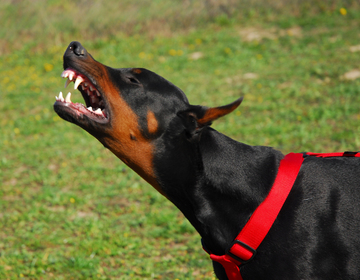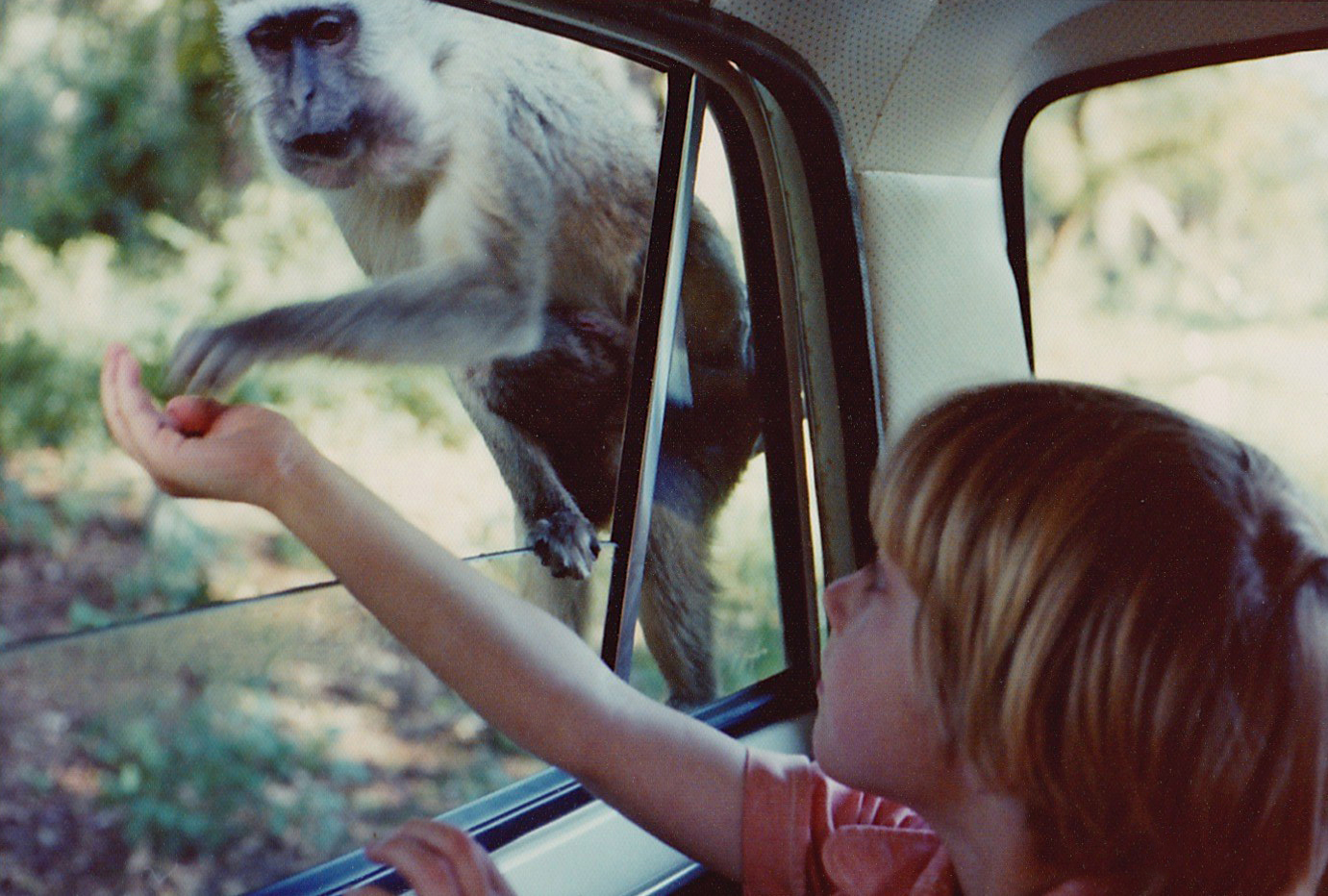Las Vegas has long been known for its vibrant night life, bright neon lights, and colorful entertainers. Elvis Presley opened at the International Hotel in 1969 and was an instant hit. Celine Dion has had three separate shows run in Las Vegas and continues to perform to packed crowds. Siegfried and Roy brought a little bit of magic to the Las Vegas stage with their duo act including animals and large-scale illusions at the Mirage Resort and Casino, the most popular casino and hotel show at the time. Perhaps the most impressive among this cohort, or at least one with the longest continuous career, would be Wayne Newton. [1]
Wayne Newton has been singing in Las Vegas since 1958 when he began performing with his brother, Jerry Newton. They agreed initially to a two-week run and stayed for six years. Newton became a headliner in the 1970s and has continued to dazzle ever since. However, Newton is known for more than his singing voice and on-stage charisma. Wayne Newton’s estate has become a recent tourist attraction, where visitors can walk amongst his old belongings and gaze upon his many exotic pets. At one point, Newton’s estate was also home to over 280 exotic animals including penguins, two-toed sloths, and a variety of songbirds. Many of these creatures were sold to a wildlife center in Oregon in 2013 for $27,300 (amounting to less than $100 per animal). [2] However, some of these creatures continue to reside on his former Las Vegas estate, which has caused recent legal trouble for the celebrity.
The Monkey Attack
According to the Los Angeles Times, Wayne Newton is being sued by a Las Vegas woman named Jocelyne Urena who claims her daughter was bit and scarred by Wayne Newton’s pet capuchin monkey during a 2017 visit to his former mansion. The victim, Genevieve Urena, who was just 15 years old at the time, was bit by the monkey while touring the mansion. The monkey was not caged, leashed, or restrained, and it was being introduced to guests visiting the house. Genevieve received a bite to her right wrist. She alleges that the monkey was not provoked in any way. She was rushed to the emergency room for medical treatment following the incident. Genevieve received follow-up treatment and counseling following the attack, and she will likely forever bear the scar of Newton’s monkey’s teeth on her right wrist. She and her mother are seeking $15,000 in damages. [3]
When Newton was contacted regarding the incident, his wife responded that their family had broken ties with the estate in July 2017 (three months before the bite). The house had been sold to investors (under the name CSD, LLC) who converted the place into a tourist attraction and museum. This company has also been named as a defendant in the lawsuit. [4]
Difficulties with Rare and Exotic Pets
Rare and exotic pets may seem like whimsical companions or conversation pieces, but they can also be more trouble than they’re worth. According to LiveScience, an advocacy organization, exotic pets were responsible for 75 deaths between 1990 and 2011. Big cats (including tigers, lions, ligers, and jaguars) are the most deadly group of pets, responsible for 21 of the deaths recorded in this period. Other dangerous exotic pets include:
- Reptiles (including pythons, boa constrictors, vipers, mambas, rattlesnakes, and iguanas) with 18 deaths
- Elephants with 14 deaths
- Bears with 4 deaths
- Marine animals (including killer whales) with 2 deaths
- Assorted other exotic animals (including deer, elk, buffalo, gnu, and wolf hybrids) with 16 deaths. [5]
The risks stemming from exotic pet ownership are not all related to attacks. Exotic animals can carry diseases that humans would not otherwise be exposed to. Some 90 percent of reptiles carry the salmonella bacteria in their feces, and other pets can transmit diseases such as Herpes B, monkeypox, and salmonellosis. [6]

Dog Bite Statistics
The dog, the archetypal “man’s best friend” and America’s favorite pet, is not exempt from liability. According to the Centers for Disease Control and Prevention (CDC), a federal agency, there are 4.7 million dog bites in the United States each year. Nearly 20 percent of these dog bites require professional medical attention. Dogs bite as a reaction to stressful situations, when they feel scared or threatened, to protect themselves or their young, when they are ill or startled, and during intense play. Surprisingly, the dog most likely to bite is the tiny chihuahua (with the more stereotypical bulldog, pit bull, and German shepherd following close behind). [7]
Over the 13-year period from 2005 to 2017, dogs killed roughly 430 Americans. Two-thirds of these deaths were attributed to pit bulls and 10 percent were due to rottweilers. While this may seem like a large number, remember that there are nearly 5 million dog bites in the United States each year. Breaking down these numbers, one sees that less than one one-thousandth of one percent of all dog bites in the United States result in death. One is much more likely to be killed on the highway or simply walking down the street than by a dog attack. However all pets are a liability, regardless of species, breed, or personality. Whatever your creature preference, don’t let your pet be the next Wayne Newton’s Monkey – always keep your animals properly restrained, vaccinated, and far away from popular Las Vegas tourist attractions.
[1] https://www.bestofvegas.com/articles/greatest-las-vegas-headliners-all-time
[2] https://abcnews.go.com/Business/wayne-newton-animal-collection-sold-peanuts-headed-oregon/story?id=18724777
[3] https://www.latimes.com/entertainment-arts/music/story/2019-08-08/wayne-newton-monkey-bite-lawsuit
[4] https://www.latimes.com/entertainment-arts/music/story/2019-08-08/wayne-newton-monkey-bite-lawsuit
[5] https://www.livescience.com/16815-exotic-pets-wildlife-infographic.html
[6] https://www.livescience.com/16815-exotic-pets-wildlife-infographic.html
[7] https://www.caninejournal.com/dog-bite-statistics
Image Credit: Flickr by ChiralJon


